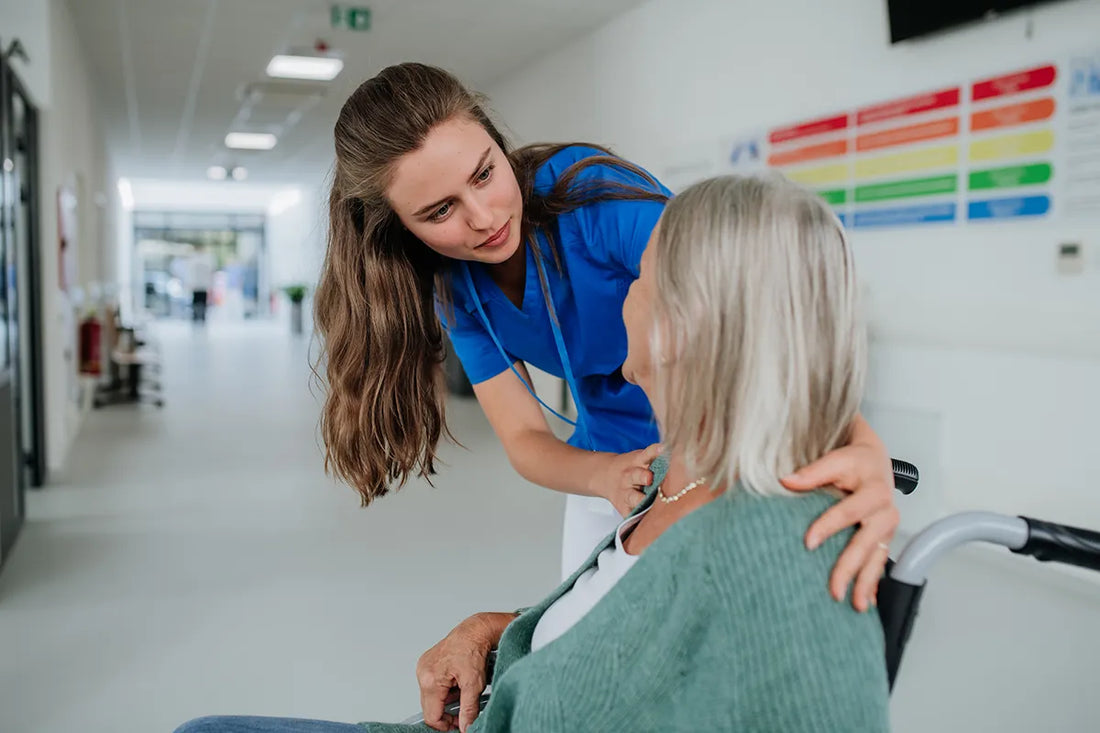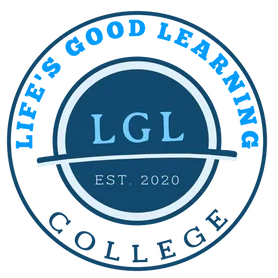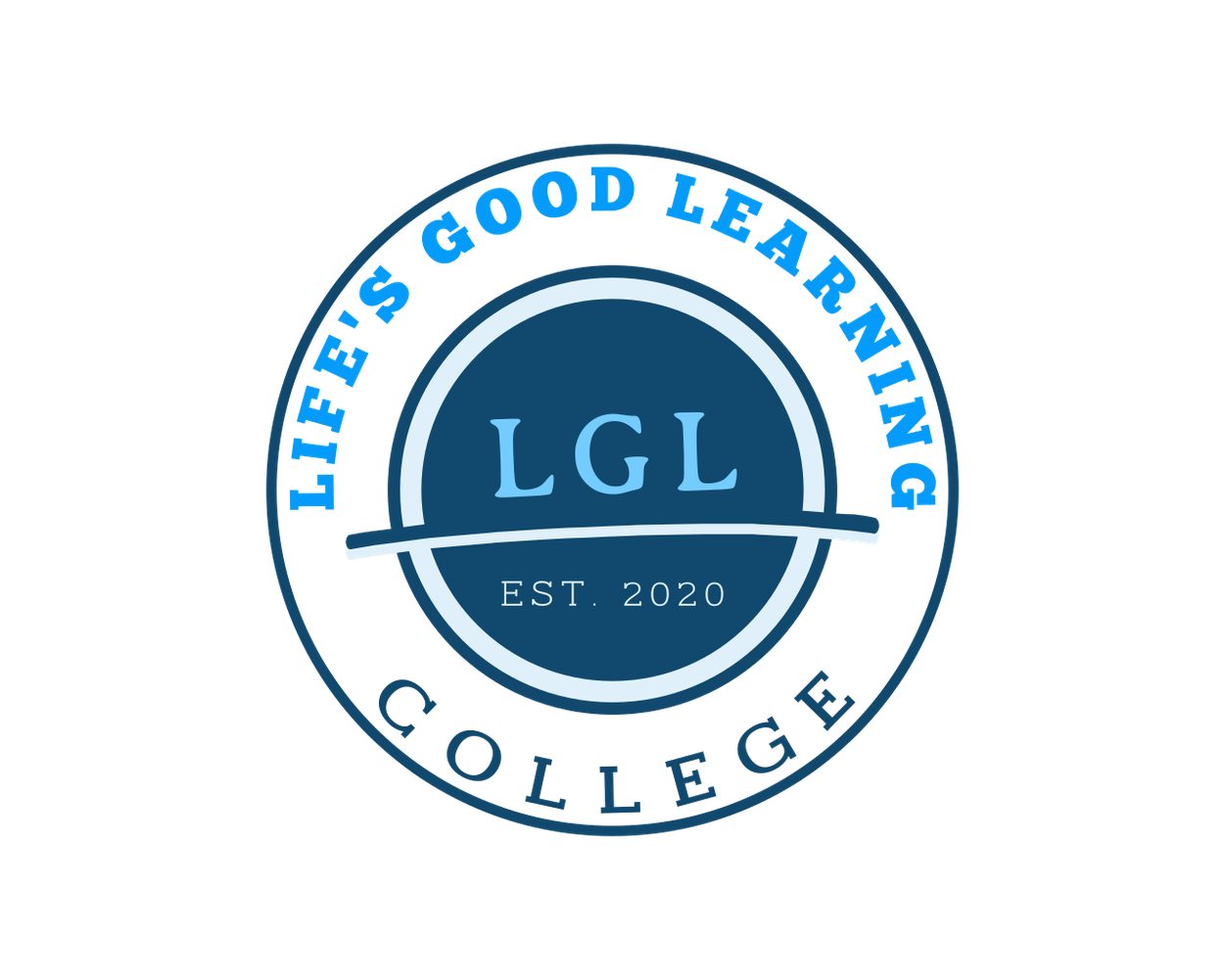
How ACLS Certification Supports Advanced Patient Care
Share
In high-stakes medical emergencies, every second counts. Advanced Cardiovascular Life Support (ACLS) certification equips healthcare professionals with critical skills to respond quickly and effectively. It builds on Basic Life Support (BLS) and focuses on managing complex cardiac events, team dynamics, and advanced interventions.
Whether you're a nurse, paramedic, or physician, ACLS training enhances your ability to make rapid decisions during life-threatening situations. It also strengthens communication and collaboration during code responses. This guide explores how ACLS supports advanced patient care, improves outcomes, and prepares professionals for critical roles.
What ACLS Certification Covers
ACLS certification covers a broad range of topics, all focused on the urgent treatment of cardiac emergencies. The course begins with a review of Basic Life Support principles and then moves into more advanced interventions.
You’ll learn how to recognize and manage cardiac arrest, stroke, and other cardiovascular emergencies. Training includes instruction on maintaining airway patency, ensuring effective ventilation, and initiating proper circulation. ACLS also teaches when and how to use advanced airways like endotracheal tubes or supraglottic devices.
Another major focus is the use of emergency drugs and defibrillation. You’ll study the timing, dosage, and indications for key medications such as epinephrine and amiodarone. The training also includes rhythm recognition and the integration of AEDs and manual defibrillators.
ACLS certification prepares you for both solo response and working as part of a team. The course emphasizes structured communication and leadership, ensuring everyone knows their role in high-pressure situations.
Understanding Cardiac Emergencies
ACLS training begins with understanding the nature of cardiac emergencies. Cardiac arrest, bradycardia, tachycardia, and stroke each require distinct responses, and ACLS teaches how to identify and treat them effectively.
You’ll learn to assess a patient’s condition quickly using tools like the ABCDE approach. Identifying airway compromise, abnormal breathing, or circulatory failure early can significantly impact outcomes. ACLS courses teach how to interpret symptoms and act before full cardiac arrest occurs.
You’ll also study reversible causes of cardiac arrest. These include the "Hs and Ts"—conditions like hypovolemia, hypoxia, toxins, and tamponade. Knowing how to identify and address these underlying factors helps prevent recurrence and guides treatment decisions.
By understanding the pathophysiology of each condition, you can act with clarity and confidence. ACLS gives you the tools to make informed decisions and initiate appropriate interventions. In emergencies, accurate assessment and rapid response save lives. This deep understanding is what sets ACLS-trained professionals apart.
ECG and Pharmacology in ACLS
Two of the most complex but essential components of ACLS training are ECG interpretation and emergency pharmacology. Both are crucial in diagnosing and managing cardiac conditions in real-time.
ECG interpretation is a core skill. You’ll learn how to identify life-threatening rhythms such as ventricular fibrillation, ventricular tachycardia, and asystole. ACLS teaches how to recognize abnormal patterns quickly, which helps determine the correct treatment path.
Understanding when to shock, when to administer medication, and when to provide CPR depends on reading the rhythm correctly. ECG skills help guide every decision in a cardiac event.
Pharmacology is equally vital. ACLS covers a range of medications used in resuscitation, including epinephrine, atropine, lidocaine, and adenosine. You’ll study each drug’s indications, dosages, and routes of administration.
Knowing the timing and effect of medications is critical. Mistimed drugs or incorrect doses can worsen a situation. ACLS teaches how to integrate medication use into the overall code strategy.
These two areas—ECG and pharmacology—empower healthcare professionals to act with speed and precision during critical moments.
Real-Time Team Communication
Effective communication during a medical emergency can be the difference between life and death. ACLS training emphasizes clear, structured team communication under pressure. It transforms individuals into cohesive, high-functioning response units.
You’ll learn closed-loop communication, where team members repeat back instructions to confirm understanding. This practice reduces confusion and ensures every action is accounted for in real time. It also encourages mutual support and situational awareness.
Leadership is another key focus. Every emergency team needs a leader who directs care, assigns roles, and manages the overall flow. ACLS trains participants to either lead or support the team, depending on their role and experience.
Role clarity prevents overlap and gaps in care. When everyone knows their task—whether it’s compressions, medication, or defibrillation—interventions are more effective and efficient.
Team-based simulations during training help reinforce these concepts. By practicing with others, you learn to communicate clearly, delegate responsibilities, and adapt to changing conditions. In real emergencies, this level of coordination saves time—and saves lives.
AHA Guidelines for Advanced Life Support
The American Heart Association (AHA) sets the standard for ACLS training and certification. Their guidelines are based on the latest research and updated every five years. They reflect the most effective strategies for treating cardiac emergencies and improving survival rates.
AHA guidelines emphasize high-quality chest compressions with minimal interruptions. This means maintaining proper depth and rate, ensuring full chest recoil, and switching rescuers regularly to avoid fatigue.
The guidelines also highlight the importance of early defibrillation. Whether using an AED or a manual defibrillator, prompt shocks in cases of ventricular fibrillation can dramatically increase survival chances.
Medication use is another focal point. The guidelines specify when and how to administer drugs like epinephrine, emphasizing timing and sequence.
Airway management recommendations have also evolved. AHA now supports the use of basic airway devices early on and advanced airways only when they won’t delay critical interventions like CPR and defibrillation.
Staying aligned with AHA guidelines ensures your response is evidence-based and consistent with best practices. ACLS certification from an AHA-approved course confirms your training meets this high standard.
ACLS Certification for RNs, Paramedics, and Doctors
ACLS certification is essential for many healthcare professionals, especially those involved in acute care. Registered nurses, paramedics, and doctors rely on ACLS to guide their actions during cardiac emergencies.
For RNs, ACLS is often required in emergency departments, intensive care units, and surgical recovery. It enables nurses to respond confidently, support code teams, and administer medications under standing orders or physician direction.
Paramedics use ACLS in the field. They manage cardiac arrests, provide advanced airway support, and deliver life-saving drugs before patients reach the hospital. ACLS certification ensures they follow evidence-based protocols that match hospital standards.
Physicians use ACLS in various settings—from ERs to operating rooms. While doctors often lead resuscitation efforts, their ability to work within the ACLS framework ensures consistent, effective care.
Students entering advanced programs, such as nurse practitioners or physician assistants, often pursue ACLS early. It prepares them for rotations and helps build clinical decision-making skills.
For all these roles, ACLS is not just a certification—it’s a crucial component of patient care in critical situations.
Where to Get ACLS Certified
Finding an ACLS certification course is simple, especially with widespread access through accredited training centers. The American Heart Association provides a course locator tool that helps you find certified instructors and upcoming sessions near you.
Hospitals and medical schools frequently host ACLS classes for staff or students. If you work in healthcare, ask your employer if they offer training on-site. Many facilities provide ACLS courses at reduced or no cost for employees.
You can also find courses at local colleges, simulation labs, or continuing education providers. These locations often offer flexible scheduling, including weekend or evening classes, to accommodate working professionals.
Some training providers offer blended learning. In this format, you complete online coursework first, followed by an in-person skills check. This is a convenient option for those with tight schedules who still want hands-on experience.
Before registering, ensure the course is AHA-approved and meets your state or employer’s requirements. Only accredited training results in valid certification.
By choosing the right provider, you’ll gain skills, confidence, and a credential that supports your role in patient care.
Renewal and Continuing Education for ACLS
ACLS certification is valid for two years. To maintain active status, healthcare professionals must complete a renewal course before their card expires. Renewing on time ensures you remain prepared and eligible to respond in emergencies.
The renewal process includes reviewing core skills, updating knowledge based on the latest AHA guidelines, and demonstrating competency through hands-on practice. Most renewal courses take one day and require an active, unexpired ACLS card to qualify.
If your certification lapses, you may need to complete the full initial course again. That’s why tracking your expiration date is important. Many professionals set calendar reminders or use mobile apps to stay updated.
Continuing education in ACLS doesn’t end with renewal. Professionals often seek additional training in areas like pediatric advanced life support (PALS), trauma life support, or critical care. These courses build on ACLS and support expanded responsibilities.
Some institutions also require periodic in-service training, case reviews, or simulations. Staying engaged with ongoing education sharpens your skills and boosts confidence.
Regular renewal keeps your certification valid and your knowledge current. In healthcare, being prepared means being ready—every time.
ACLS certification is a cornerstone of advanced patient care. It builds upon basic skills and empowers healthcare professionals to handle the most urgent and complex emergencies with confidence and precision. From ECG interpretation to medication protocols and team leadership, ACLS covers it all.
Whether you're a nurse in the ICU, a paramedic in the field, or a physician managing codes, ACLS gives you the tools to act fast and save lives. It ensures that your response aligns with the latest evidence-based guidelines from the American Heart Association.
Getting certified, renewing regularly, and committing to ongoing education all strengthen your ability to deliver expert care. When every moment matters, ACLS training helps you lead with clarity, skill, and purpose.

